Your Heart Right After Surgery
Did you know your heart can crank up the speedometer right after surgery—sometimes even faster than when you’re running for the bus? It’s true … and sometimes, it happens even when you’re just lying there in the recovery ward, blinking at the ceiling tiles.
I remember when my uncle came out of his knee surgery. Great surgeon, straightforward day, but there he was, still hooked up to the monitor, and the number kept jumping above 110 beats per minute. We all sort of hovered, watching. Was this normal? Should we worry? His nurse just gave a little smile and said, “It’s called postoperative tachycardia. Super common. His heart just needs a little time to settle down.”

What’s Actually Going On?
So … what’s making your heart pull these sprints in the first place? Honestly, our bodies are complicated—there’s always a handful of reasons, and sometimes they overlap.
All Kinds of Triggers
Let’s break it down, friend-to-friend. Here are some of the main causes of tachycardia after surgery (because, yes, there’s more than one):
- Pain (even the brave get it—it’s your body’s stress alarm blaring for help)
- Dehydration or blood loss (if your tank’s low, the heart pumps faster to keep up…)
- Medications and anesthesia wearing off (the rebound can make everything feel a bit wobbly for a while)
- Infection or fever
- Even anxiety or excitement!—hello, post-op nerves!
Sometimes, it happens just because your body is healing and doing what it needs to. But I get it—the first time you see that number climb, it feels like your body is yelling in ALL CAPS, doesn’t it?
A Real-Life Moment
After my own minor surgery (nothing fancy—just tonsils, but enough!), I remember waking up absolutely convinced something was wrong. My heart wouldn’t calm down, and I actually thought, “Do I need to do jumping jacks, or is my body doing them for me?” Turns out, it was the anesthesia wearing off and nerves more than anything else.
The Burning Question: How Long Does Postoperative Tachycardia Last?
Okay, so here’s what you came for—you want to know how long does postoperative tachycardia last. Ready for the answer? It’s a little squiggly (not black-and-white), but let’s break it down as simply as we can.
Short Sprints: Hours to a Few Days
Most of the time, that crazy-fast heart rate only sticks around for a few hours to a couple of days. According to plenty of patient research (and loads of doctors and nurses), it’s super common after all sorts of procedures. You wake up, your heart’s beating fast, then over the next day or two—especially when pain starts to fade and you’re up, sipping water—it chills out. If you want the professional answer, research on healing from surgery says “hours to days” for most cases.
It feels like that moment when your favorite playlist switches from dance anthems to chill acoustic—slowly, gently, the tempo drops.
Quick Table for Reference
| Duration | Possible Cause | What to Watch For |
|---|---|---|
| Less than 24 hours | Anesthesia, dehydration, pain | Mild, usually resolves with recovery measures |
| 1–3 days | Pain, fluid shifts, emotional stress | Still typically normal, especially right after procedure |
| More than 4 days | Infection, blood clots, complications | Worth asking your doctor—could be something more serious |
The “When to Worry” Window
Now, not to freak you out … but if you notice your heart is STILL racing past day 3 or 4, or it just. won’t. stop. Or you get new symptoms like dizziness, chest pain, or shortness of breath? That’s when it’s smart to tag in your doctor, stat. Extended tachycardia could be the body waving a red flag about infection, clots, or even something wild like a reaction to medications.
I once met a fellow in a cardiac rehab group who’d shrugged off his racing heart for nearly a week post-surgery—turns out, it was a small clot causing the problem. Don’t be nervous about “bothering” your team; that’s literally what they’re there for.
(If you want to geek out, studies like this deep dive from PubMed show that in joint surgeries, tachycardia is most common in the first four days and is a big deal if it sticks around longer than that.)
Treating and Easing That Heartbeat
Let’s talk about what you do in the meantime while your heart’s got the pedal pressed. The trick? Go back to basics.
Your Heart’s Recovery Toolkit
- Hydrate, hydrate, hydrate! The classic—water helps everything. Unless your doctor says otherwise, keep your water bottle close.
- Pain control. Don’t tough it out more than needed—pain itself revs your nervous system, making your heart beat faster. (No medals for suffering in silence, promise.)
- Gentle movement. As soon as your team says it’s safe, little walks or chair exercises help.
- Deep breathing. Kind of obvious but shockingly effective. Try slow inhale, slow exhale for a minute. (Or use your favorite meditation app—my aunt brings a lavender eye pillow and swears it helps, too!)
- Rest. Real rest. Not doom-scrolling at 3 a.m., but honest, tucked-under-a-soft-blanket rest.
Of course, if your care team prescribes medications specifically for postoperative tachycardia, listen first and ask your questions. They might mention things like beta blockers or other rhythm-soothing meds. If you want to do a deep dive into options, check postoperative tachycardia treatment for the lowdown.
Can You Prevent It?
Sort of. Life doesn’t come with guarantees—but managing stress, communicating about pain, and staying hydrated set you up for smoother sailing. Funny enough, simply asking your nurse “Is this heart rate normal?” can make a world of difference. They know you’re watching, and they’ll keep a closer eye, too.
Personal Experience
A side note from my own journey: the first time my heart rate spiked, just talking to my care team helped me relax. Suddenly, I could picture my own worries ebbing away. Anxiety alone can keep that beat pounding long after your body’s ready to relax.
How Postoperative Tachycardia Feels (You’re Not Alone!)
Can I admit something? It feels kind of weird, being on the inside of a body whose heart is pounding for no obvious reason. For a lot of us, there’s this quiet panic: “Am I having a heart attack?” (Almost always: nope.)
Most of the time, you can actually feel your pulse in your neck or wrists. Kids might just get cranky, while adults get a little more dramatic. You might break a sweat, get a headache, or just feel extra jumpy.
One friend texted me from her hospital bed after gallbladder surgery: “Why is my chest so thumpy? It’s not even a good beat!” We laughed later, but it felt unnerving until the nurse explained how typical it was—and how, with every new hour, it was likely to settle.
Again, if you want to see how this fits into real-life cases, what causes tachycardia after surgery has some great stories and explanations.

What If It Lasts Longer? (And Should You Be Worried?)
You already know the general rule: most people bounce back in a day or two, sometimes up to four days, especially after big orthopedic or abdominal surgeries according to patient-focused research on MedicineNet.
But…what if you’re in the rare group whose heart keeps thumping at 110, 120, even more, for more than four days? Well, let’s hit pause and look closer.
- Is there new chest pain?
- Are you short of breath, faint, or dizzy?
- Does it feel like it’s getting worse, not better?
If you answered yes to any of these, don’t mess around—call your doctor (or, if it’s scary enough, urgent care or ER). Extended tachycardia can be the first clue to serious stuff like infection, blood clots, or—very rarely—a new heart issue.
That being said, sometimes (especially in younger or super-fit folks) your heart just sets a new faster baseline for a little while. There are even cases where a post-op heart rate in the 90s lasts for weeks and is still totally benign. Listen to your body, but don’t Google yourself into a panic spiral.
If any medical person says you’re fine, but you’re still feeling anxious, ask about follow-ups. Or, if you’re like me, pepper them (nicely!) with questions about postoperative tachycardia treatment. You deserve reassurance.
Lifestyle, Recovery, and Getting Your Groove Back
Here’s the thing: your body’s been through a lot! Being patient with the healing rhythm is easier said than done, I know… If you’re recovering right now, remember, every slow walk, every cup of water, every nap counts.
Sometimes, just knowing what “normal” is can make all the difference. That’s why a little knowledge is powerful—and calming, too. Write your questions down before your next check-in. Nudge your nurse for more details. Heck, read and re-read posts like this one till it sticks. You’re absolutely not alone on this weird, twisty recovery road.
Every time I work with friends or patients on recovery goals, I remind them what I remind myself: “Your body isn’t broken. It’s just recalibrating. Little by little, your heartbeat returns to baseline.” Maybe not as fast as we want, but hey, none of us are patient when it comes to regaining our lives, right?
And in case you’re wondering, healthy routines matter for your long-term ticker too! Hydrate, eat well, and sneak in gratitude when you can. You’d be amazed how even a 5-minute gratitude list shapes up a sluggish week in recovery.
If you’re searching for more ways to help your heart find its rhythm again, take a look at postoperative tachycardia treatment for extra advice tailored to all kinds of post-surgery scenarios.
One Last Boost: You’ve Got This (And Your Heart Does Too)
So…to wrap up our chat: how long does postoperative tachycardia last? Usually just a few hours or days—one to four, for most people—especially after major surgeries. Sometimes, a mix of pain, dehydration, and a body in full repair mode means your heart beats a little faster than you’d like. That’s normal. But if it lingers, or comes with new symptoms, get it checked out sooner rather than later. Better safe than sorry (as my uncle always says).
And remember—this is your sign to be gentle with yourself. Keep tabs on your heart, take those little healing steps, and don’t hesitate to lean on your health team. They genuinely want to help you feel comfortable asking all the “weird” questions, whether it’s about what causes tachycardia after surgery or the best water bottle for hospital bedside tables.
Have you noticed your own pulse bouncing around? What calmed YOU down after surgery? Share your stories, swap tips, and keep this conversation going. We heal best when we feel heard—and that goes for your heartbeat, too.
Now go on…take a deep breath. Celebrate the small wins (like making it to the kitchen for a snack). And trust that every day, your body—and your heart—gets just a little closer to its old rhythm.

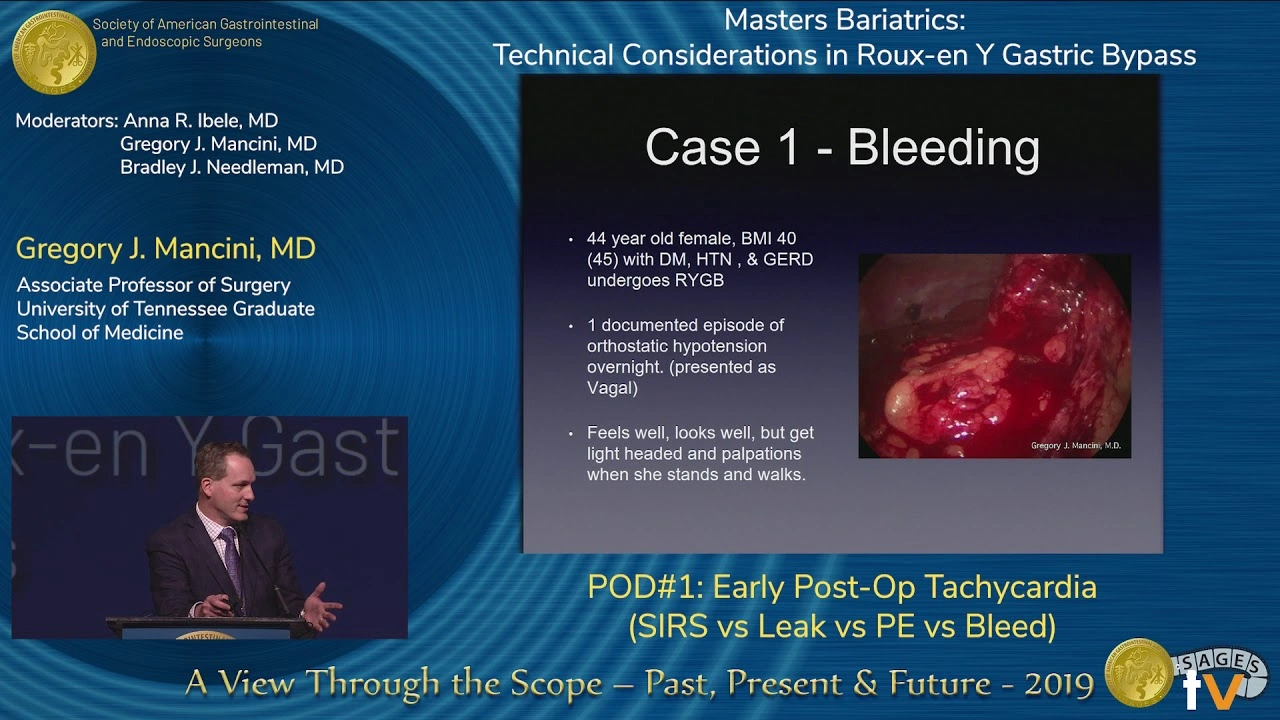

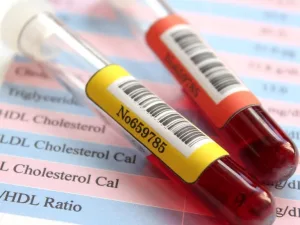



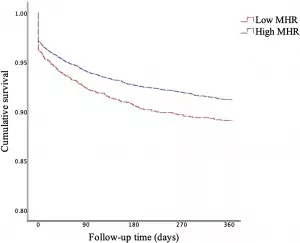
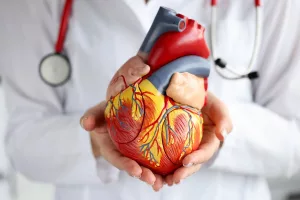
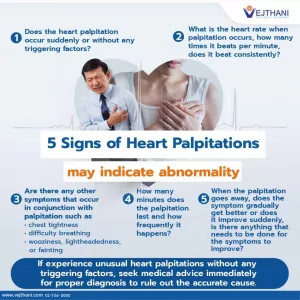

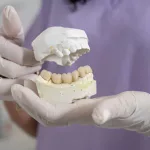
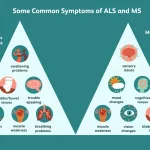


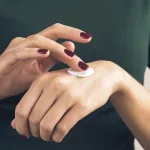

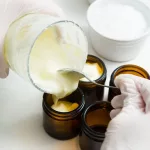



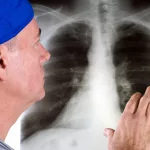



Leave a Reply
You must be logged in to post a comment.